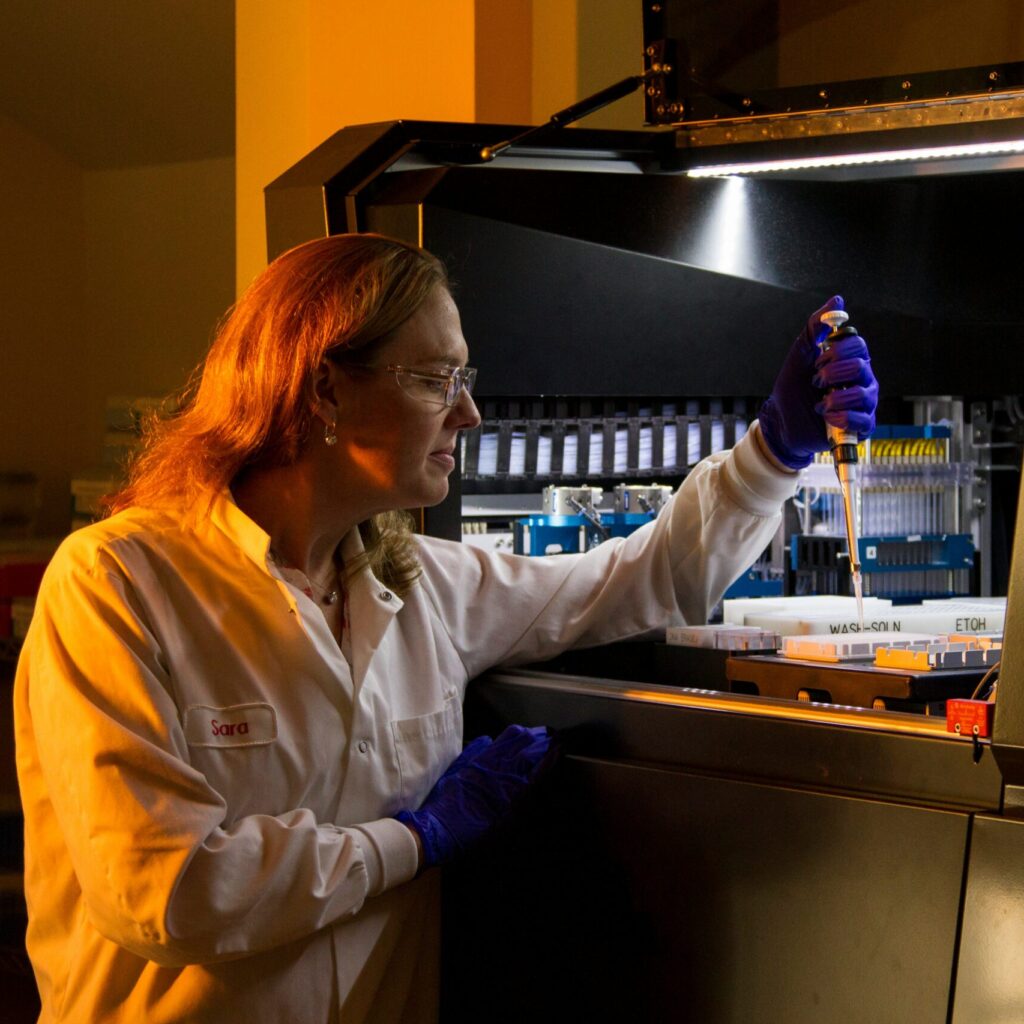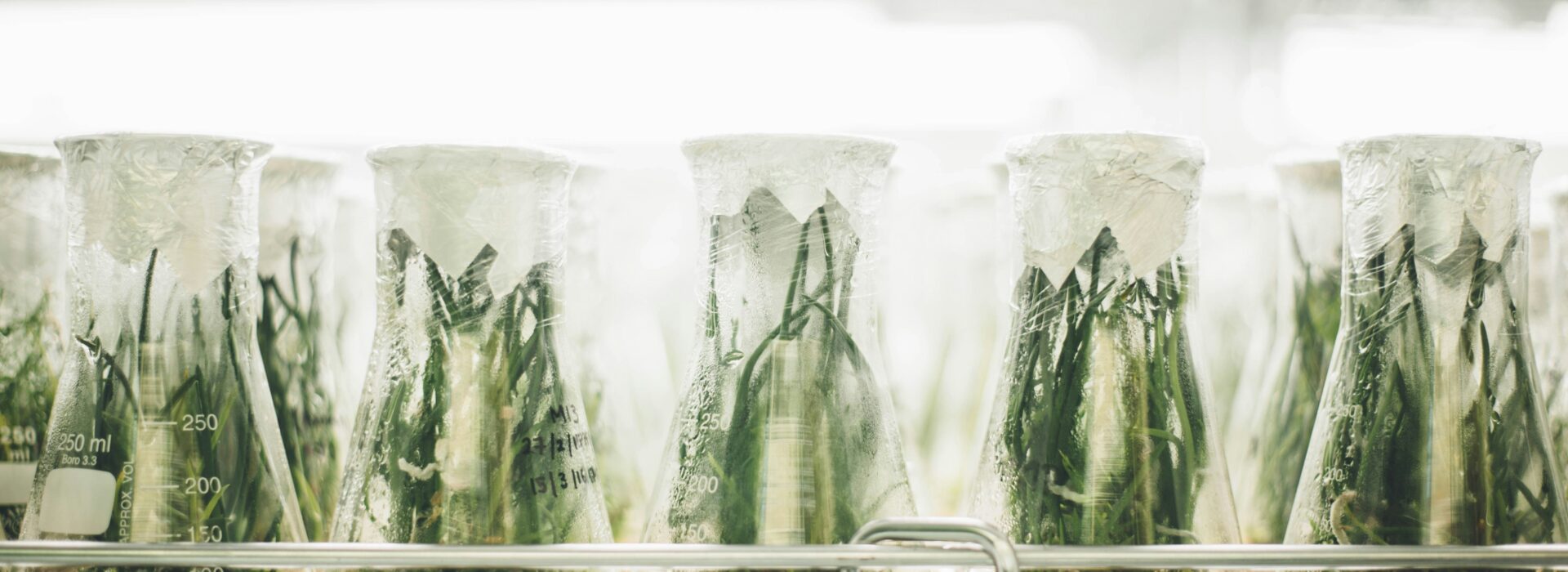When selecting seeds for your garden or farm, it’s essential to understand the various types available. Two common but often misunderstood seed types are GMO (Genetically Modified Organism) and hybrid seeds. While both involve human intervention to alter plant traits, they differ significantly in their creation and implications. Let’s explore what sets GMO and hybrid seeds apart to help you make informed decisions for your planting needs.
What Are GMO Seeds?
GMO (Genetically Modified Organism) seeds are created through genetic engineering. This process involves directly altering the DNA of a plant to achieve specific desired traits. Scientists insert genes from other species, which can include bacteria, animals, or other plants, into the target plant’s genome. This can result in plants with characteristics such as pest resistance, herbicide tolerance, or more yield per acre.

Photo by National Cancer Institute on Unsplash
Key Features of GMO Seeds:
- Genetic Engineering: GMO seeds are created using precise, targeted changes to the plant’s genetic material.
- Cross-Species Gene Transfer: Genes from different species are introduced to produce traits that do not occur naturally in the plant.
- Controversy: The use of GMO seeds is often debated due to concerns about long-term health effects, environmental impact, and ethical considerations.
What Are Hybrid Seeds?
Hybrid seeds are the result of cross-pollination between two different but related plant varieties. This process is controlled by plant breeders who select parent plants with desirable traits and cross them to produce offspring that combine these traits. Unlike GMOs, hybrid seeds are developed through traditional plant breeding techniques without altering the plant’s DNA at the genetic level.
Key Features of Hybrid Seeds:
- Traditional Breeding: Hybrid seeds are produced through natural reproductive processes by combining traits from two parent plants.
- Specific Traits: Hybrids are often bred for qualities such as disease resistance, improved yield, uniformity, and vigor.
- First-Generation Strength (F1): The first generation of hybrid seeds, known as F1 hybrids, typically exhibit superior qualities but may not produce offspring with the same traits if seeds are saved and replanted.
- Seed Dependence: Gardeners and farmers usually need to purchase new hybrid seeds each season to maintain the desired plant characteristics.
Key Differences Between GMO and Hybrid Seeds
Creation Process:
- GMO Seeds: Created using advanced genetic engineering techniques, involving the insertion of genes from different species.
- Hybrid Seeds: Developed through selective breeding and cross-pollination of related plant varieties.
Genetic Makeup:
- GMO Seeds: Contain genes from unrelated species, resulting in traits that could not be achieved through traditional breeding methods.
- Hybrid Seeds: Contain a mix of genes from two parent plants of the same or closely related species, achieved through natural reproductive processes.
Reproduction and Consistency:
- GMO Seeds: Genetically consistent across generations as long as they are not crossbred with non-GMO varieties.
- Hybrid Seeds: First-generation hybrids (F1) exhibit hybrid vigor, but saved seeds may not reliably reproduce the same traits, leading to variable offspring.
Conclusion
Grasping the distinction between GMO and hybrid seeds holds significant importance when making informed decisions in gardening and farming. GMO seeds involve sophisticated genetic modifications to introduce specific traits. While they offer short-term advantages, they also raise profound ethical and environmental concerns. On the other hand, hybrid seeds, cultivated through traditional breeding methods, are widely valued for their enhanced traits and performance reliability. Understanding these differences empowers you to select seeds that align with your agricultural goals and values, ensuring a fruitful and sustainable planting endeavor.












